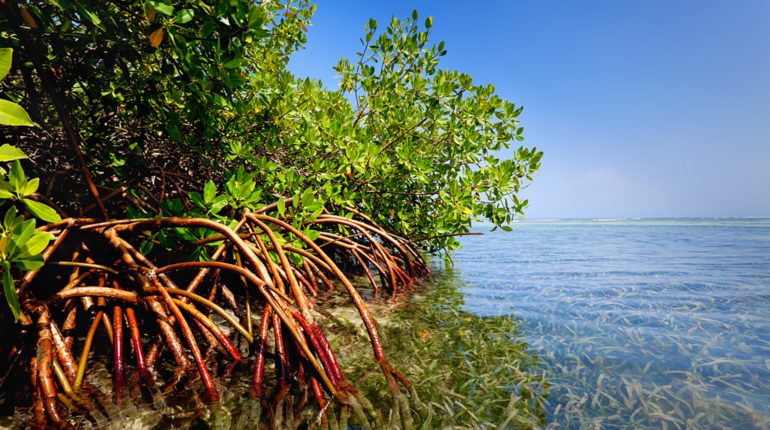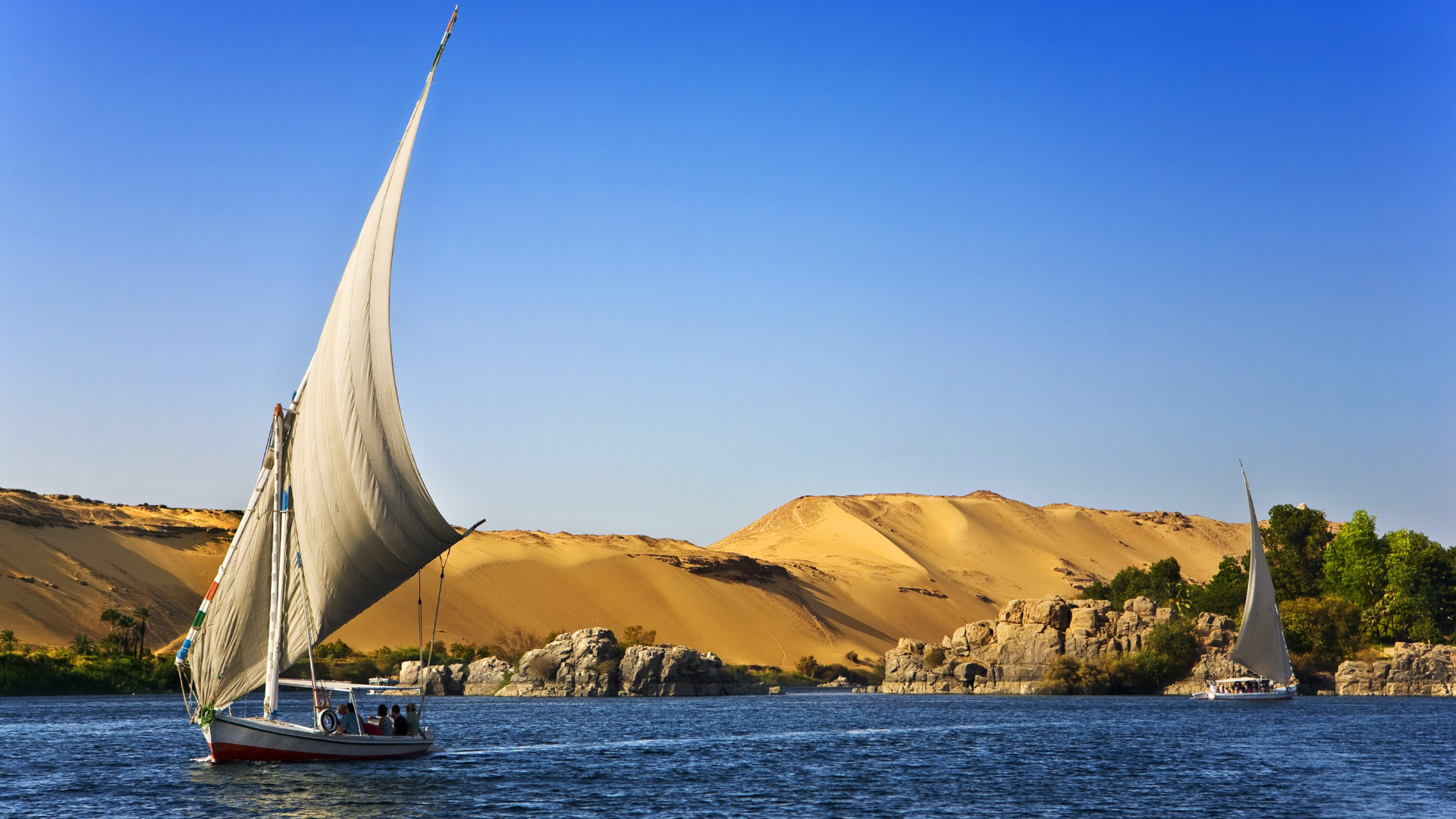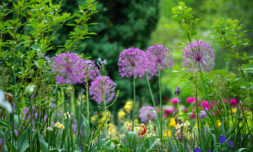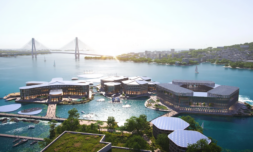Why are mangroves so special?
Maybe you don’t yet know much about mangroves or why they’re important, and that’s okay.
They’re a rare finding, growing in shallow salt water and making up just 1 percent of the planet’s forests. Despite this, they’re capable of absorbing more CO2 than rainforests do.
In 2020, researchers discovered that just one acre of mangrove trees will absorb up to three or four times the amount of carbon absorbed by the forests we’d find on land.
Rooted in the ocean, they provide a thriving ecosystem for land and marine animals alike – think turtles, crabs, lizards, birds, fish, and baby sharks.
Mangroves are important to human life in other ways, too. Their strong roots stabilise soil, while their branches act as storm defences, and help protect coastal regions from other effects of climate change, such as beach erosion and rising sea levels.
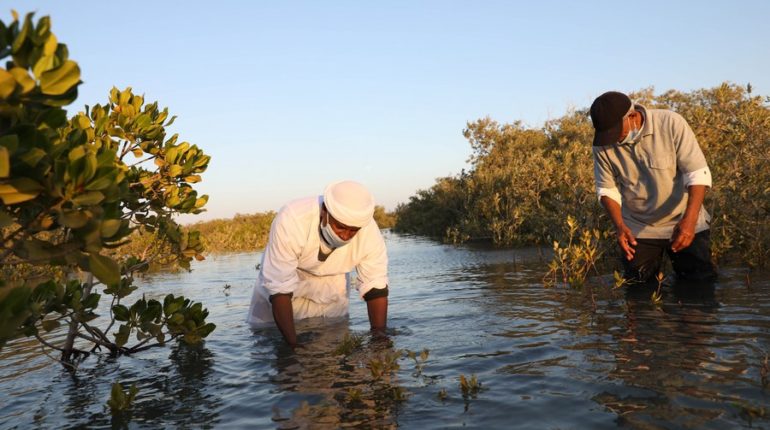
What is Egypt’s project all about?
These special trees once grew in natural abundance in 28 areas along Egypt’s Red Sea’s coasts. In recent decades though, human intervention has caused the country’s mangrove forests to slowly disappear.
A growing tourism industry saw the construction of many new villages along mangrove-dotted shorelines, and oil spills from shipping lines saw Egypt’s mangrove populations dwindle to a mere 500 metres at each site.
But the situation is getting dire as the effects of global climate change become more evident. According to a 2021 report the rate of rising sea levels in the Red Sea has nearly doubled in recent years, posing a threat to seaside communities.
It’s no wonder that the government’s Academy of Scientific Research and Technology invested 4 million Egyptian pounds (around £200,000) into its mangrove restoration project, which began in 2020.
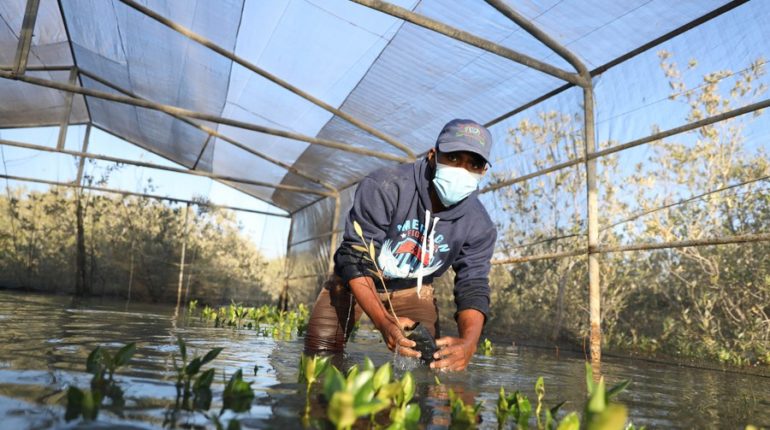
With ten people working to plant and nurture the mangroves at each site, the project aims to ‘increase mangroves spread to 60 acres in each location’.
Not only will a healthy and thriving mangrove population boost marine life along coasts – which is already being witnessed at several sites – but it will also increase Egypt’s rate of carbon sequestration.
Great projects almost always come with great challenges, though.
Acquiring permits for such projects has so far been difficult, with only three sites (Safaga, Hamara, and Al-Qala’n) seeing mangroves being planted. Organisers say that they ‘are being held back by restrictive bureaucracy’ that grants approvals sparingly.
Since the project started, 50,000 mangrove trees have been planted each year – significantly less than the 300,000 organisers had hoped for. Experts say that with faster permit approval rates, it would only take 5 years for farmers to plant trees at all 28 prospective sites.
Despite organisers in Egypt feeling let down by the current speed of the ‘mangrove revolution’, their achievements so far are worth being proud of. Already, Egypt will have something to show for itself at COP27 – and that’s a huge improvement compared to last year!
